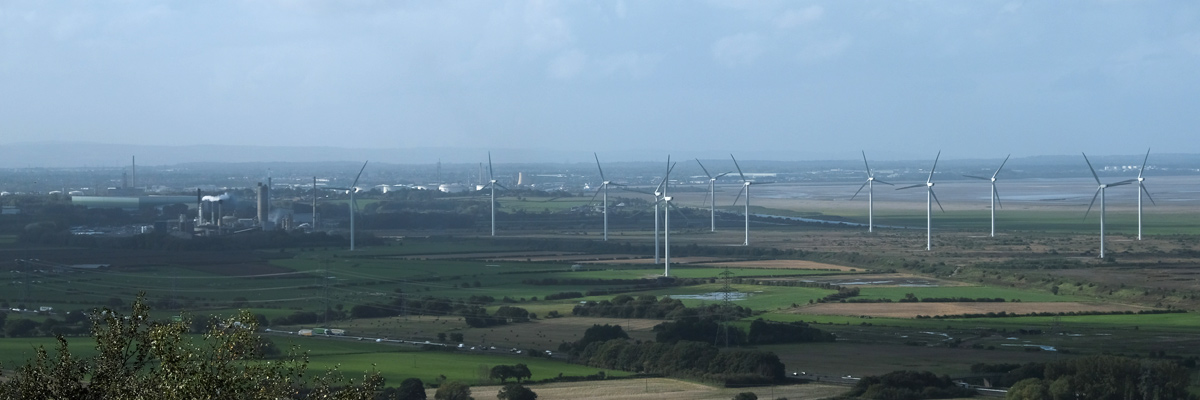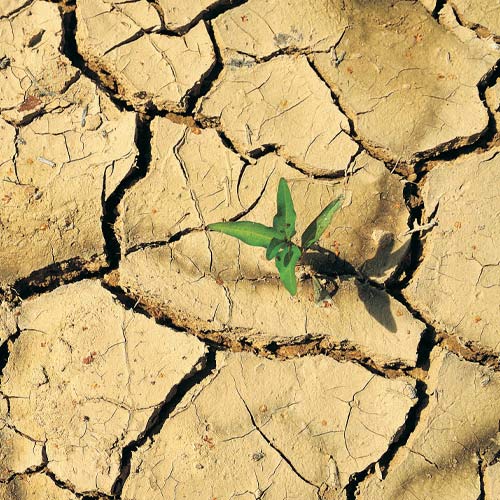The decarbonisation and resource management challenge area fits within the context of the increased need to decarbonise energy and industry, the need to use resources more optimally, intense global competition for resources and a need to expand the delivery of affordable, sustainable energy across the world.
Deep geological disposal is a key solution to the long-term, safe management of radioactive waste but it requires understanding complex subsurface processes for up to one million years in the future. Important science considerations include:
- containment: understanding of subsurface fluid processes is vital to the containment of radioactive materials
- siting: understanding the geology of a geo-disposal site will inform safe site selection
The carbon capture and storage (CCS) topic will support the UK, Europe and other countries in developing safe, efficient CO2 storage, to decarbonise industry, power, transport and heating to meet net zero targets.
- Planning a CO2 storage site: developing a carbon dioxide (CO₂) storage pilot.
- Developing and maintaining technologies and methodologies: predicting the evolution of the CO₂ plume by observing site behaviour before, during and after injection of CO₂
- Containment: selecting and characterising geological sites that are expected to enable permanent containment.
- CO₂ injection, pressure management and storage optimisation: understanding the limits on pressure increases, improving methods for injection and managing pressure increases.
- Planning and licensing regulation.
Energy storage is a new topic area for the BGS. The strategy is:
- to quantify the energy storage potential (capacity and location) offered by UK geological formations
- to investigate and address geological barriers and hazards associated with the deployment of underground energy storage
- to improve knowledge of thermal, hydrogeological, mechanical, chemical and microbiological influences on underground energy storage
- to establish collaborative and innovative approaches to address these objectives
Understanding the origin, transport and concentration of the metals and materials that are critical for the transition to a low-carbon economy.
Monitoring global mineral production, trade flows and mineral statistics to ensure a sustainable supply of resources for a low-carbon economy.
Find out more about our research
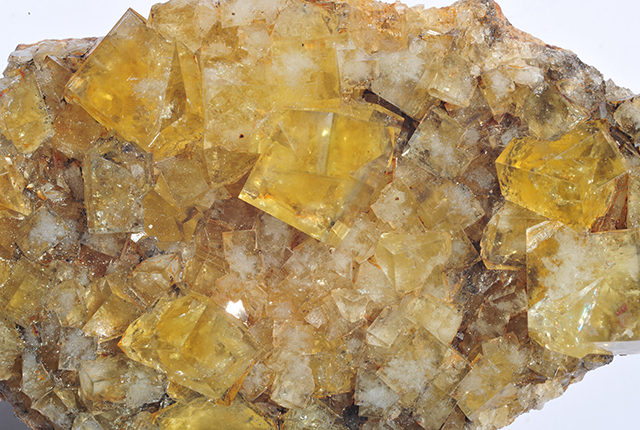
Mineral resource security and flows
Monitoring mineral production, trade flows and other relevant statistics within the UK to respond to the economy’s demand for raw materials.
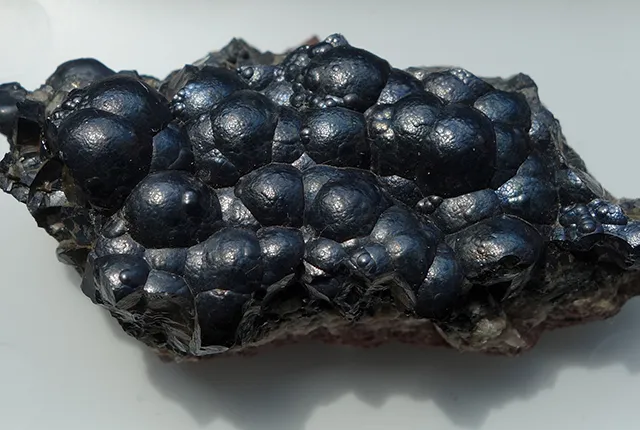
Geodisposal: radioactive waste
Providing geological data and interpretations concerning the safe storage and disposal of radioactive waste.
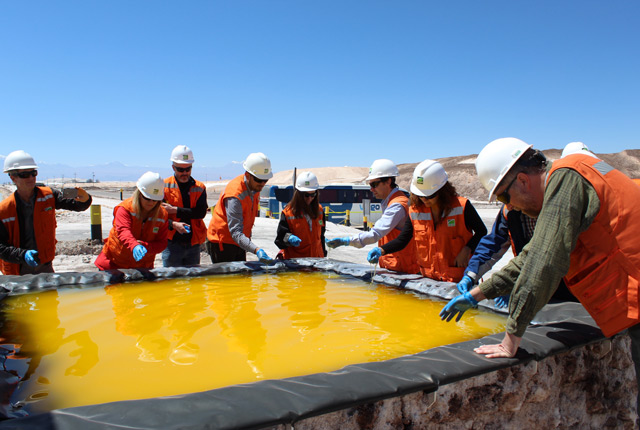
Critical raw materials
Addressing global concerns over the long-term availability of secure and adequate supplies of the minerals and metals needed by society.
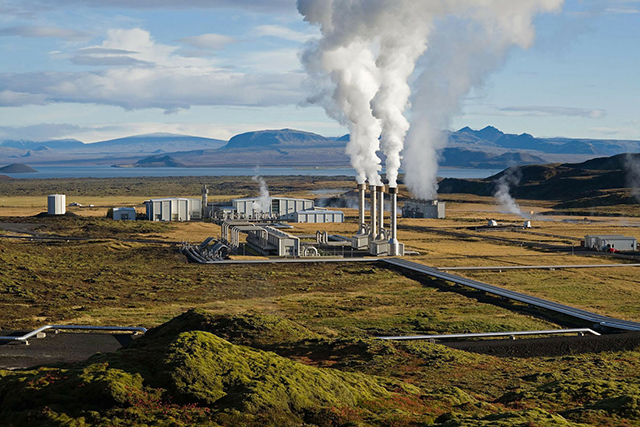
Geothermal energy
Investigating geothermal energy — energy stored in the form of heat beneath the surface of the solid Earth.
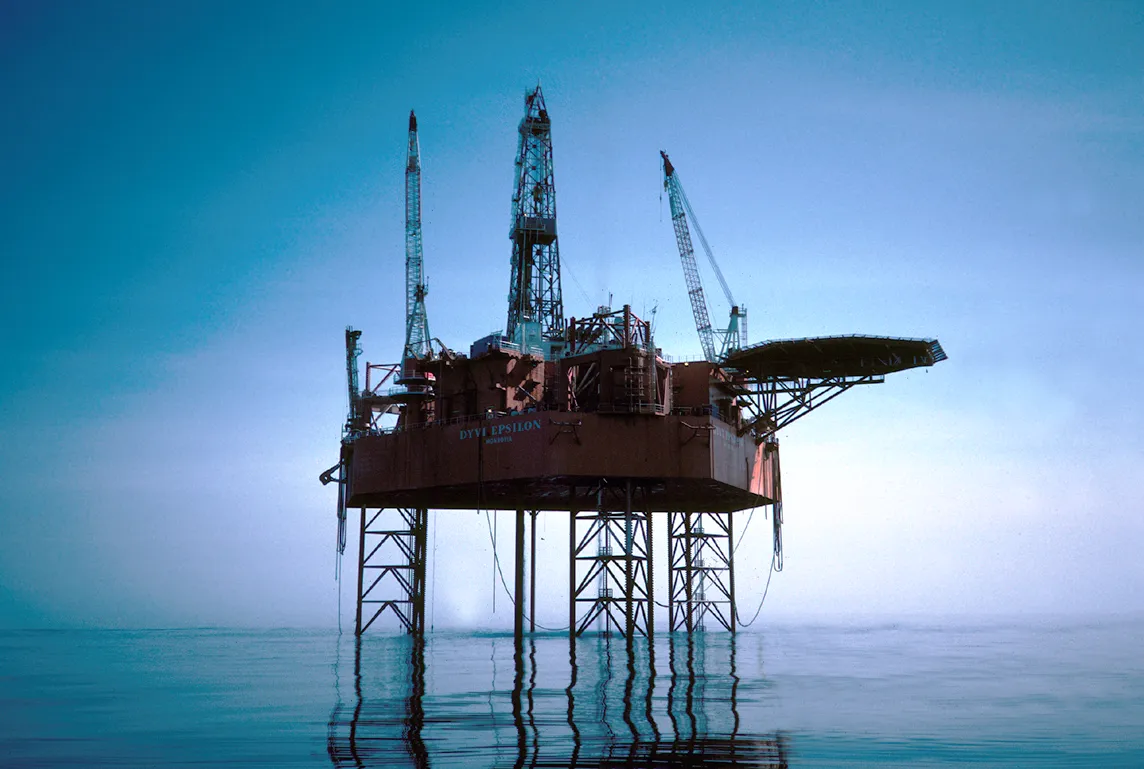
Hydrocarbon systems
Working with UK and overseas governments to provide geological and oil prospectivity advice.
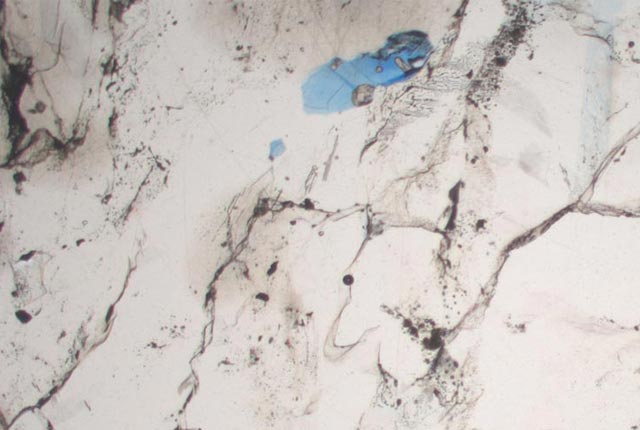
Energy storage
Continuing BGS’s sustained track record of energy storage research, which will underpin future laboratory, field and GIS-based activities and commissions.
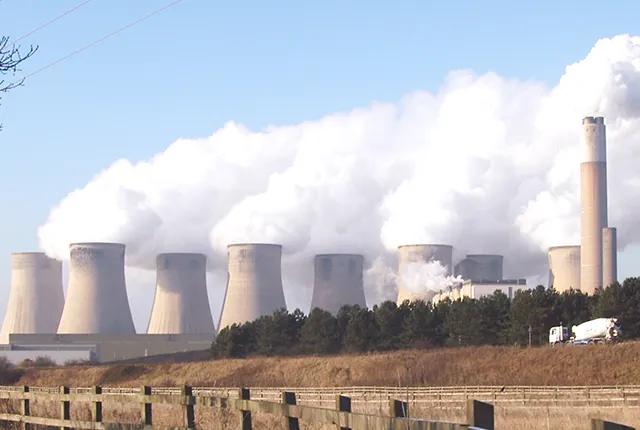
Carbon capture and storage
Studying carbon dioxide storage as a recognised European centre of excellence in a number of research areas.
Our facilities
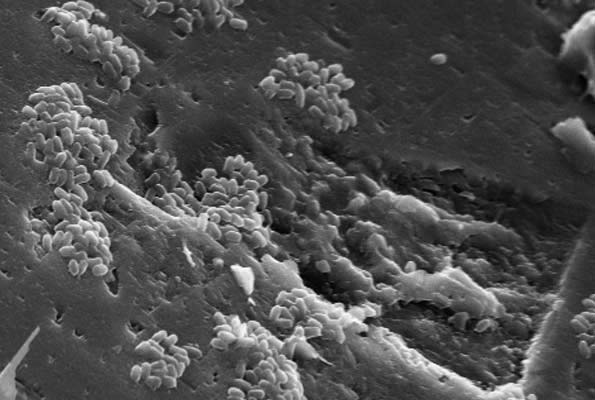
Fluid and Rock Processes Laboratory Cluster
Identifying, measuring and quantifying complex geological and environmental processes essential in the efficient utilisation of natural resources and underground spaces.
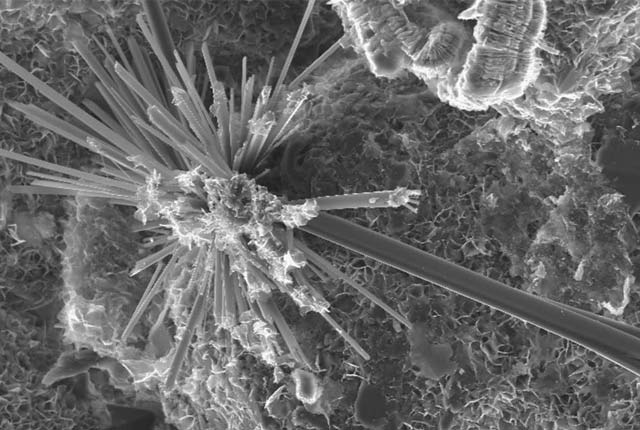
Rock Volume Characterisation Laboratory Cluster
Studying the structural and compositional characterisation of rocks and their constituent parts at all scales.
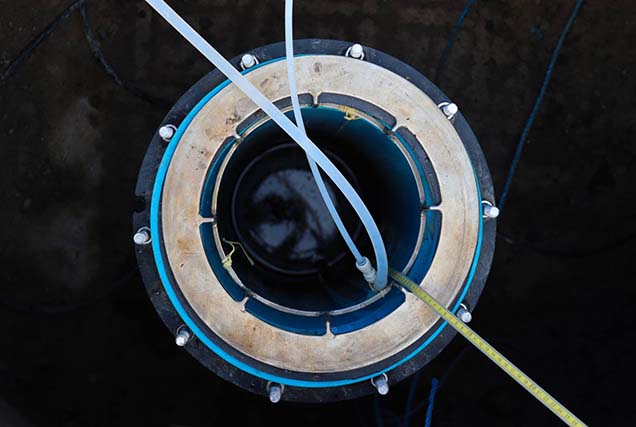
UK Geoenergy Observatories
Facilitating a step change in our understanding of geology and our relationship with the underground environment.
Our core challenge areas
Need more information?
Related news
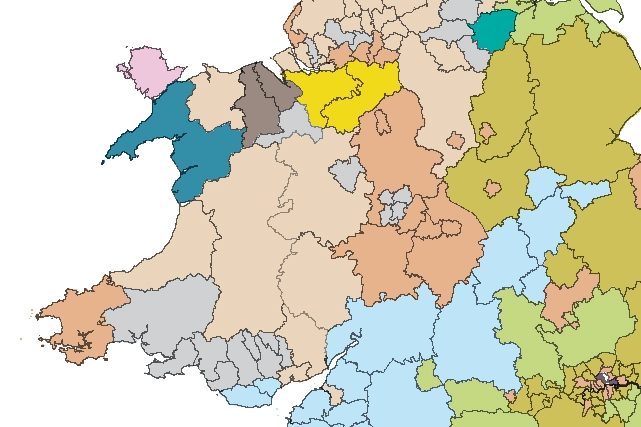
Map of BGS BritPits showing the distribution of worked mineral commodities across the country
18/02/2026
BGS’s data scientists have generated a summary map of the most commonly extracted mineral commodities by local authority area, demonstrating the diverse nature of British mineral resources.

Funding awarded to map the stocks and flows of technology metals in everyday electronic devices
12/02/2026
A new BGS project has been awarded Circular Electricals funding from Material Focus to investigate the use of technology metals in everyday electrical items.

New UK/Chile partnership prioritises sustainable practices around critical raw materials
09/02/2026
BGS and Chile’s Servicio Nacional de Geología y Minería have signed a bilateral scientific partnership to support research into critical raw materials and sustainable practices.

Can sandstones under the North Sea unlock the UK’s carbon storage potential?
02/02/2026
For the UK to reach its ambitious target of storing 170 million tonnes of carbon dioxide per year by 2050, it will need to look beyond the current well-studied geographical areas.
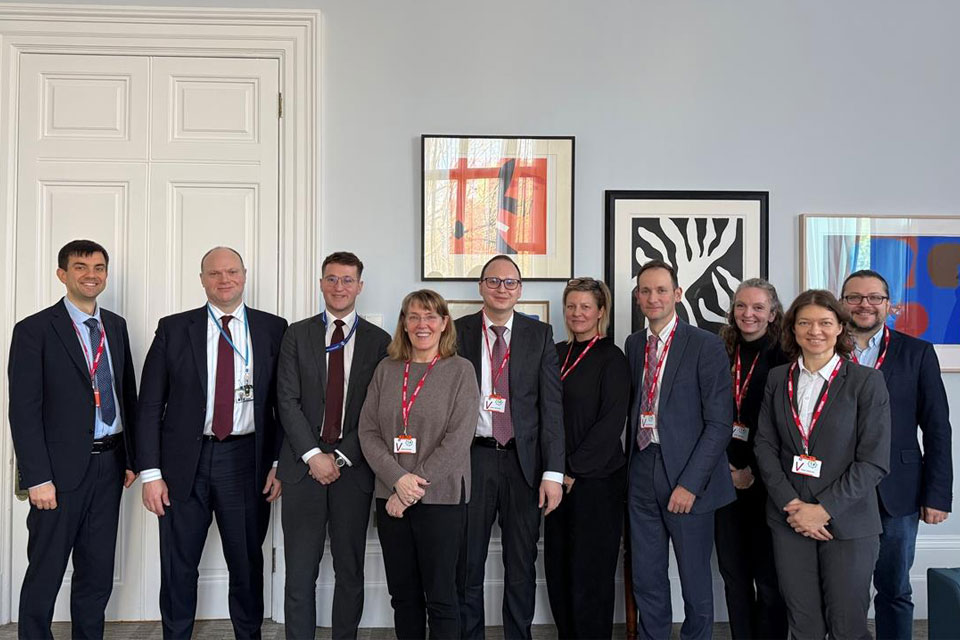
BGS agrees to establish collaboration framework with Ukrainian government
11/12/2025
The partnership will focus on joint research and data exchange opportunities with Ukrainian colleagues.
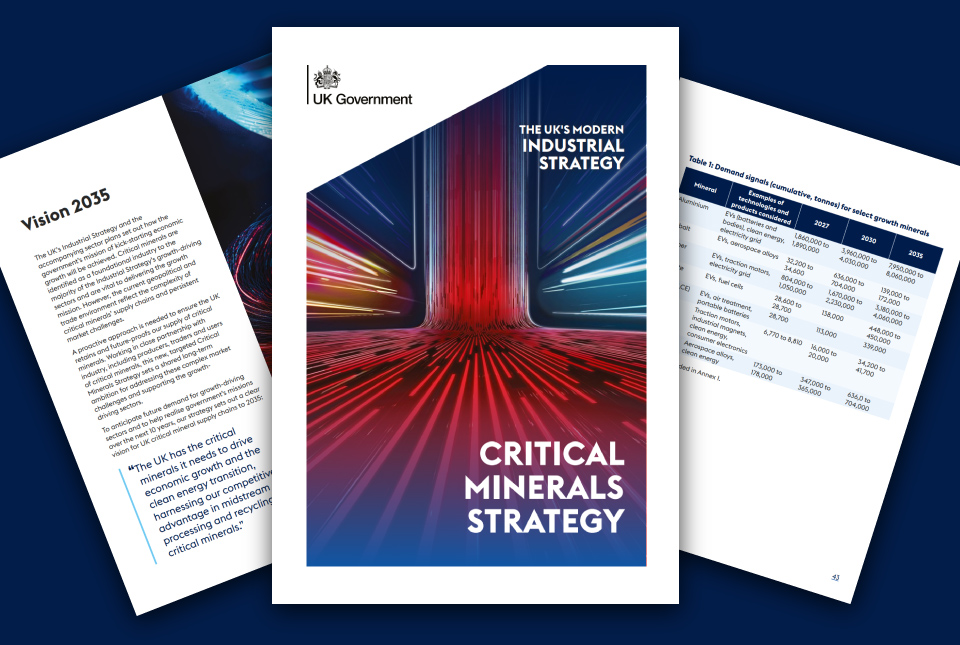
BGS welcomes publication of the UK Critical Minerals Strategy
23/11/2025
A clear strategic vision for the UK is crucial to secure the country’s long-term critical mineral supply chains and drive forward the Government’s economic growth agenda.
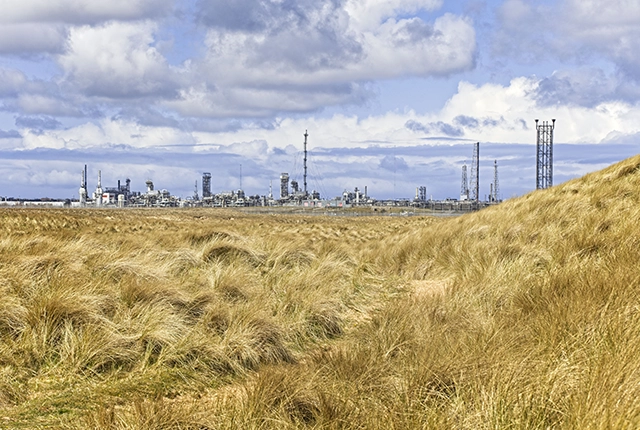
New funding awarded for UK geological storage research
21/11/2025
A project that aims to investigate the UK’s subsurface resource to support net zero has been awarded funding and is due to begin its research.
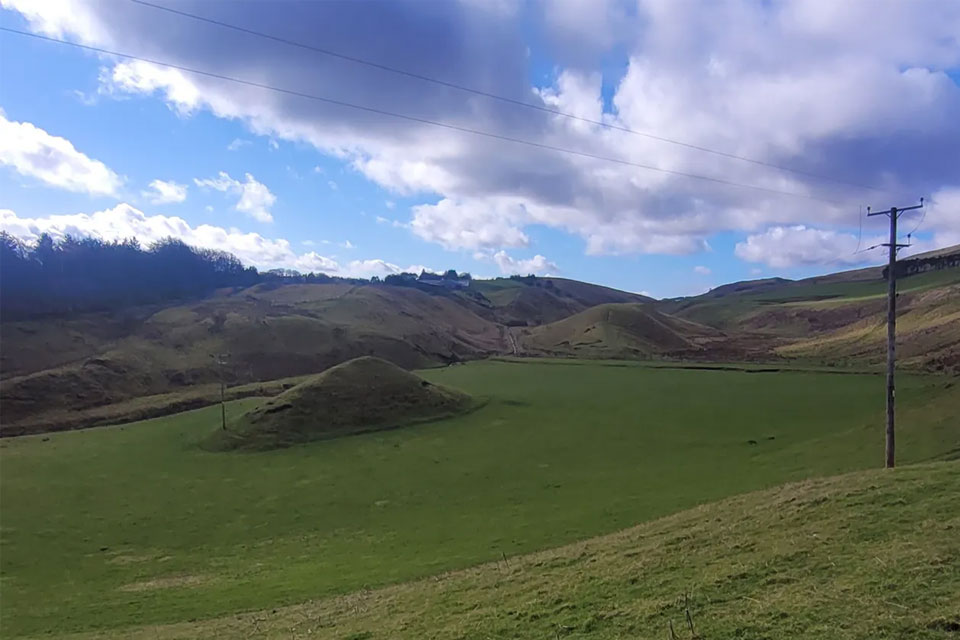
How the geology on our doorstep can help inform offshore infrastructure design
19/11/2025
BGS is part of a new collaboration using onshore field work to contextualise offshore data and update baseline geological models which can inform the sustainable use of marine resources.
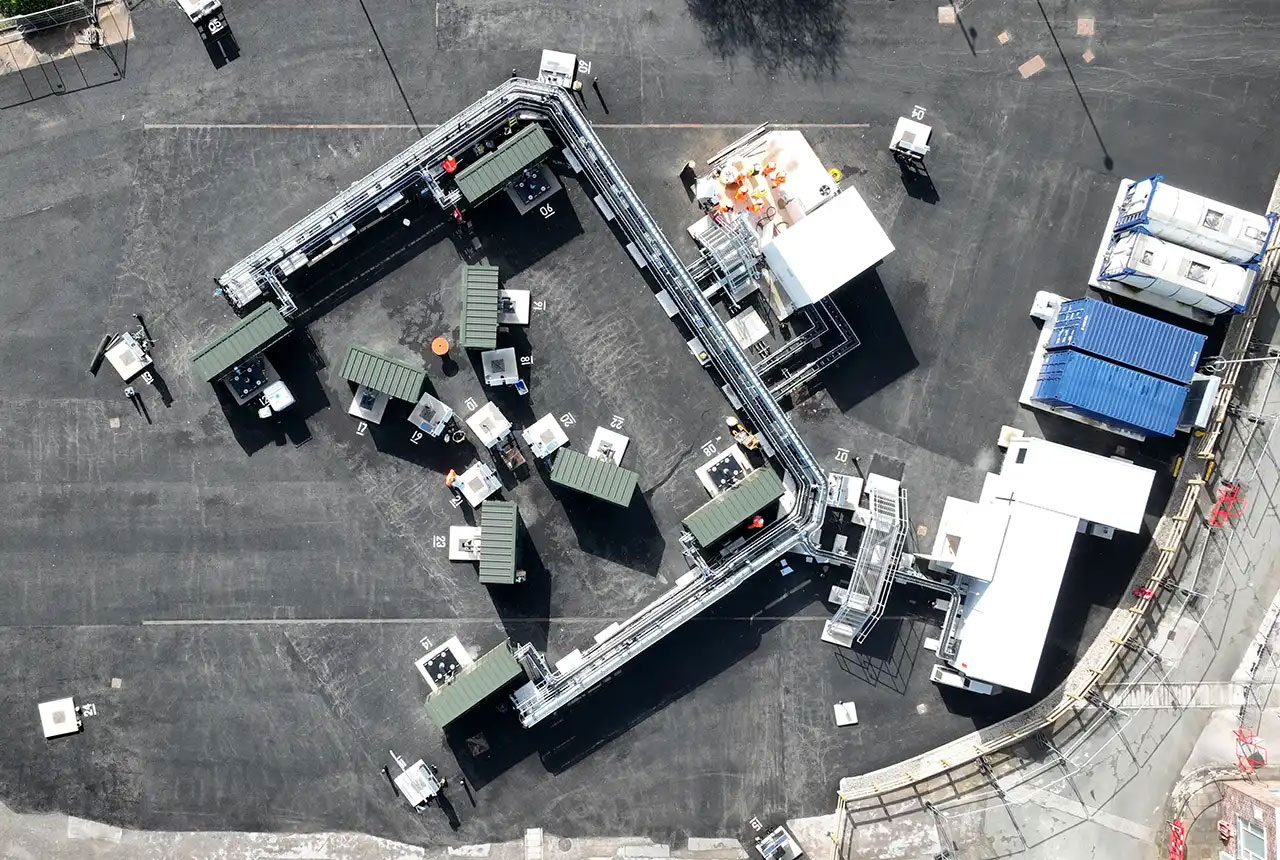
First distributed acoustic sensing survey completed at UK Geoenergy Observatory
12/11/2025
New research at the Cheshire Observatory has shown the potential for mapping thermal changes in the subsurface using sound waves.

World Cities Day: the geological story of our cities
31/10/2025
Understanding the rocks that underlie our towns and cities, the risks they can present and how they influence urban planning and redevelopment.
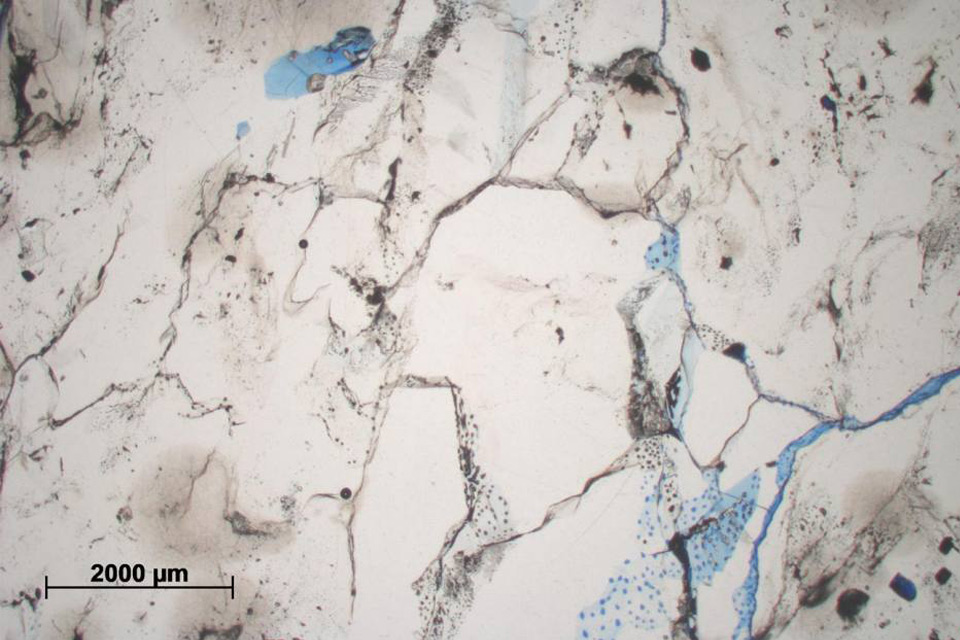
Funding awarded for study on hydrogen storage potential in North Yorkshire
22/09/2025
A new study has been awarded funding to explore the potential for underground hydrogen storage near the Knapton power plant.

New geological ‘pathways’ discovered beneath Welsh capital
02/09/2025
Scientists have discovered cavities in the clay underneath Cardiff, which will influence the siting of future geothermal developments.


